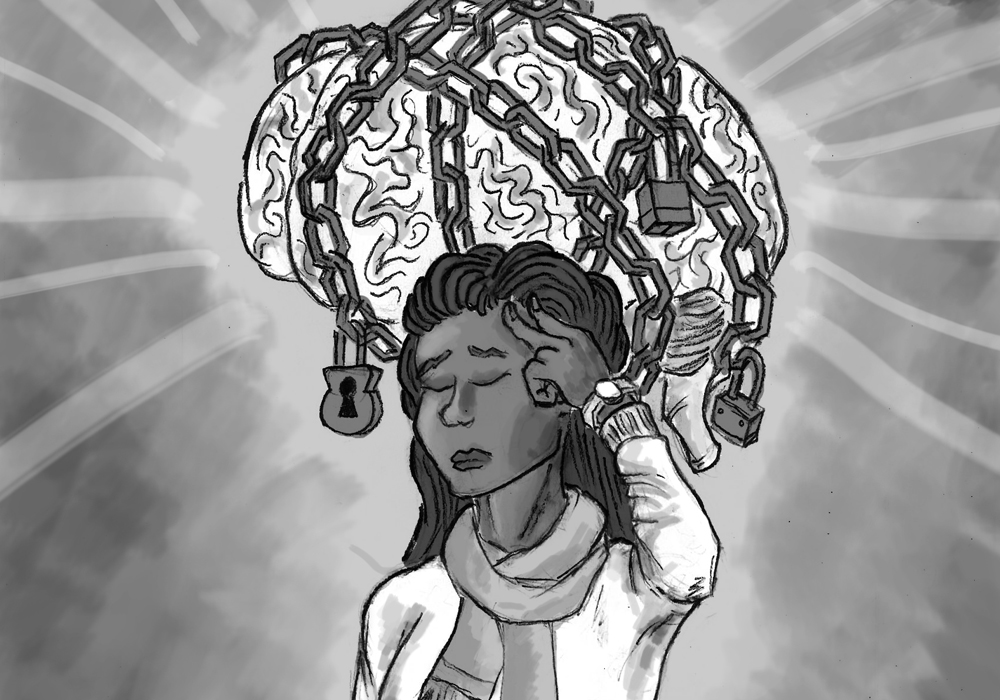Bell Let’s Talk Day was last Wednesday, so let’s talk about mental health perceptions for a bit.
Mental health and mental illness continue to be surrounded by social stigma, preconceptions, and misrepresentations. The simplified approaches to mental health and mental illness awareness don’t help to relieve these barriers. The concepts of mental health are far more complex than we as a society tend to realize, which is why some people feel that days like Bell Let’s Talk Day overshadow and even eliminate these complexities.
As a member of Jack.org York, a mental health awareness organization, naturally, I have participated in Bell Let’s Talk Day for a couple of years. I think mental health awareness is essential to the state of mental health care, or lack thereof. That being said, I also realize that certain approaches to mental health awareness are quite toxic.
That toxicity stems from the ideology that you can turn a sad face into a happy one and cure a mental illness with a little laughter and some fresh air.
I was talking to my cousin the other day and asked her, “What issues have you seen around mental health?”
She then replied, “I hate when my teachers tell me ‘I don’t see the big deal, it’s just a presentation. It’s fine,’ because obviously they don’t understand.”
And of course, she’s right. The misunderstanding of mental illnesses, especially depression and anxiety, is that you can shake off the feelings. But how do you shake off crippling fear, panic attacks, insomnia, compulsive behaviours, or memory loss?
It’s much deeper than that. People aren’t aware of the many layers individual mental illnesses can have, not to mention the social variables such as race, class, and gender that can hinder access to treatment and the willingness to find resources.
When you look at me, you see a black female. But I also happen to be living with post-traumatic stress disorder, which throws me into a third-marginalized group. Whenever I tell people, they’re shocked, which I understand, but it gets even trickier when I tell people in my family. Growing up, mental health wasn’t talked about. Even now, it tends to be treated as a one-track concept that can be easily taken care of. If I’m fine one day, the assumption is I’ll be fine from that point on.
Mental health may be generally disregarded in society, but it’s even more so in black communities. The “strong black female” stereotype, among countless other racial barriers, diminishes the opportunity and willingness for black females like me to get the help they need. Although I have gone through therapy and am continually trying to educate myself on the subject, other people in the black community may not have the opportunities and revelations that I’ve had.
Social variables like these cannot be ignored. Not if we’re trying to achieve a progressive, more well-informed understanding of mental health. These variables show how multiplex this subject actually is, but even on a basic level, it’s obvious that no mental health issue will ever be as simple as it’s made out to be. These issues are in desperate need of discussion, which is why the concept of Bell Let’s Talk Day is so important, even with all of the criticism surrounding it.
What we need to do is move to more informed discussions and stop imposing this sweep-it-under-the-rug, just-put-a-smile-on attitude on the many people who will most likely live the rest of their lives battling these illnesses.




